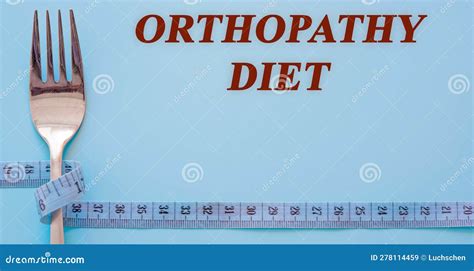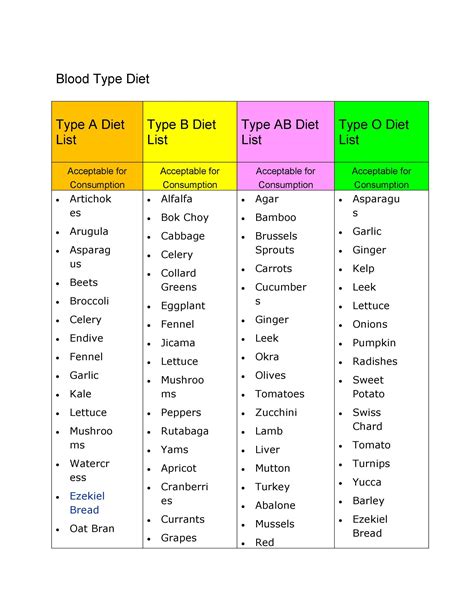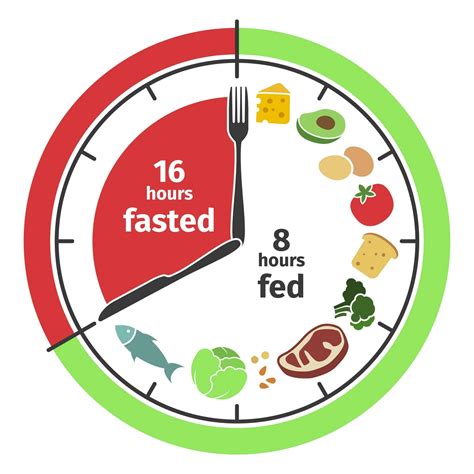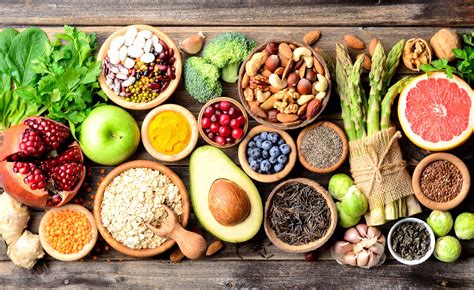Discover the key principles and benefits of the orthopathy diet, along with tips for starting and the best foods to include. Understand orthopathy diet for optimal health.
Understanding Orthopathy Diet
Contents
Orthopathy diet, also known as natural hygiene, is a dietary principle that focuses on consuming raw, natural, and unprocessed foods to promote optimal health. The main idea behind this diet is that the body is designed to thrive on a diet consisting of fruits, vegetables, nuts, seeds, and grains in their natural state, rather than heavily processed and cooked foods.
Proponents of orthopathy diet believe that cooking food destroys essential nutrients and enzymes, leading to nutrient deficiencies and chronic diseases. In addition to emphasizing raw and unprocessed foods, orthopathy diet advocates also stress the importance of clean water, fresh air, sunlight, and regular exercise to support overall health and well-being.
By following the principles of orthopathy diet, individuals aim to detoxify the body, boost immunity, and prevent diseases by consuming foods that are in their most natural and nutritious state. This diet is based on the belief that the body has an innate ability to heal and maintain health when provided with the right environment and nourishment.
Overall, understanding orthopathy diet involves recognizing the importance of consuming raw, natural foods, and embracing a lifestyle that prioritizes holistic health and wellness through proper nutrition and lifestyle habits.
Key Principles of Orthopathy Diet
Orthopathy diet is based on the belief that the body has the natural ability to heal itself and maintain a state of health, as long as it is given the right conditions. The principles of orthopathy diet are centered around the idea of eating natural, whole foods that are free from chemicals and additives.
One of the key principles of orthopathy diet is consuming a diet that is alkaline-forming. This means including plenty of fruits, vegetables, and nuts, as well as reducing the intake of acidic foods such as meat, dairy, and processed foods.
Another important principle is the emphasis on eating foods in their natural state, avoiding processed and refined foods as much as possible. This includes choosing whole grains over white flour products, and opting for organic produce to avoid exposure to pesticides and other harmful chemicals.
Focusing on food combinations is also a central principle of orthopathy diet. This involves being mindful of how different foods interact with each other in the digestive process, and eating foods in a way that promotes optimal digestion and absorption of nutrients.
Lastly, orthopathy diet encourages regular fasting and detoxification to help the body rid itself of toxins and promote overall health and well-being. By following these principles, individuals can support their body’s natural healing abilities and maintain a state of vibrant health.
Benefits of Orthopathy Diet
Orthopathy diet, also known as natural hygiene, is a dietary approach that focuses on consuming whole, unprocessed foods while avoiding any form of stimulants, including caffeine, alcohol, and tobacco. The benefits of following an Orthopathy diet are numerous, both for physical and mental health.
One of the main benefits of the Orthopathy diet is its ability to boost the immune system and promote overall health. By incorporating a variety of fruits, vegetables, nuts, and seeds into your diet, you are providing your body with essential vitamins, minerals, and antioxidants that can help strengthen your immune system and protect against various diseases and illnesses.
In addition to strengthening the immune system, the Orthopathy diet can also improve digestion and gut health. The emphasis on whole, unprocessed foods helps to maintain a healthy balance of gut flora, which is essential for proper digestion and nutrient absorption. This can lead to improved overall digestive function and a reduced risk of digestive disorders.
Furthermore, following an Orthopathy diet can support healthy weight management and reduce the risk of obesity. By focusing on natural, nutrient-dense foods and eliminating processed and artificial ingredients, individuals are more likely to consume fewer calories and maintain a healthy weight. Additionally, the high fiber content of the Orthopathy diet can promote feelings of fullness and satiety, reducing the likelihood of overeating.
Overall, the benefits of the Orthopathy diet extend beyond physical health, as it can also have a positive impact on mental and emotional well-being. The consumption of whole, unprocessed foods can contribute to a more stable mood, improved cognitive function, and reduced risk of mental health conditions such as depression and anxiety.
Foods to Include in Orthopathy Diet
The Orthopathy Diet emphasizes the consumption of natural, unprocessed foods that are high in nutrients and free from additives, preservatives, and other synthetic ingredients. Including a variety of fresh fruits and vegetables in your daily diet is essential for meeting your body’s nutritional needs. These whole foods are rich in vitamins, minerals, and antioxidants that support overall health and well-being. Try to incorporate a colorful array of produce, such as leafy greens, berries, citrus fruits, and cruciferous vegetables, to ensure that you are obtaining a broad spectrum of nutrients.
When following the Orthopathy Diet, it is important to prioritize whole grains over refined grains. Whole grains, such as quinoa, brown rice, oats, and barley, are packed with fiber, protein, and essential nutrients. They provide sustained energy and promote digestive health, making them an excellent addition to a balanced diet. Additionally, including legumes and beans, such as lentils, chickpeas, and black beans, can contribute to your daily protein and fiber intake while offering a range of health benefits, including supporting heart health and regulating blood sugar levels.
Another key component of the Orthopathy Diet is the inclusion of healthy fats, such as avocados, nuts, seeds, and olive oil. These sources of unsaturated fats are crucial for maintaining optimal brain function, supporting heart health, and reducing inflammation in the body. Incorporating these foods into your meals and snacks can help you feel satiated, improve nutrient absorption, and enhance the flavor and texture of your dishes.
In addition to plant-based foods, lean sources of protein, such as fish, poultry, and tofu, can be included in the Orthopathy Diet in moderation. These protein sources are essential for muscle repair, immune function, and hormone production. When selecting animal products, aim for high-quality, sustainably sourced options to prioritize animal welfare and environmental sustainability.
It’s important to note that the Orthopathy Diet encourages the avoidance of highly processed foods, refined sugars, artificial sweeteners, and hydrogenated oils. By focusing on whole, nutrient-dense foods, you can support your body’s natural healing processes and optimize your overall health and vitality.
Tips for Starting Orthopathy Diet
When starting an Orthopathy diet, it’s important to ease into it gradually to allow your body to adjust to the new way of eating. One of the first tips for starting an Orthopathy diet is to begin by eliminating processed foods and sugar from your diet. These foods can be highly inflammatory and disruptive to the body’s natural functions, so cutting them out is a crucial first step.
Next, focus on incorporating more whole, organic foods into your meals. This includes plenty of fresh fruits, vegetables, nuts, seeds, and lean proteins. These nutrient-dense foods will provide your body with the essential vitamins and minerals it needs to thrive.
It’s also important to drink plenty of water and stay hydrated throughout the day. Proper hydration is key to supporting your body’s detoxification processes and maintaining overall health.
As you transition to an Orthopathy diet, pay attention to your body’s response and make adjustments as needed. Every individual is different, so it’s important to listen to your body and make changes based on how you feel. Be patient with yourself as you navigate this new way of eating, and give yourself grace as you make the transition.












